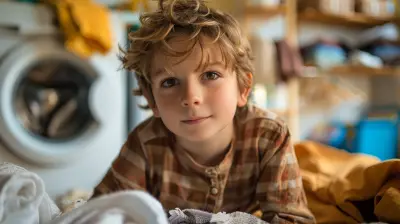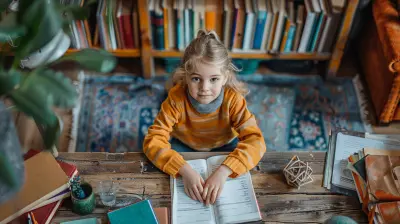How to Encourage Kids to Take Ownership of Their Responsibilities
21 June 2025
As parents, we all want our kids to grow into responsible and independent individuals. But let’s be honest—getting a child to take responsibility for their actions, chores, and commitments can feel like trying to teach a cat to fetch. It’s not always easy, but with the right approach, we can guide our kids to develop a strong sense of ownership over their responsibilities.
If you’ve ever found yourself nagging your child to clean their room or finish their homework, this article is for you! Let’s dive into some practical and effective ways to encourage kids to take ownership of their responsibilities.
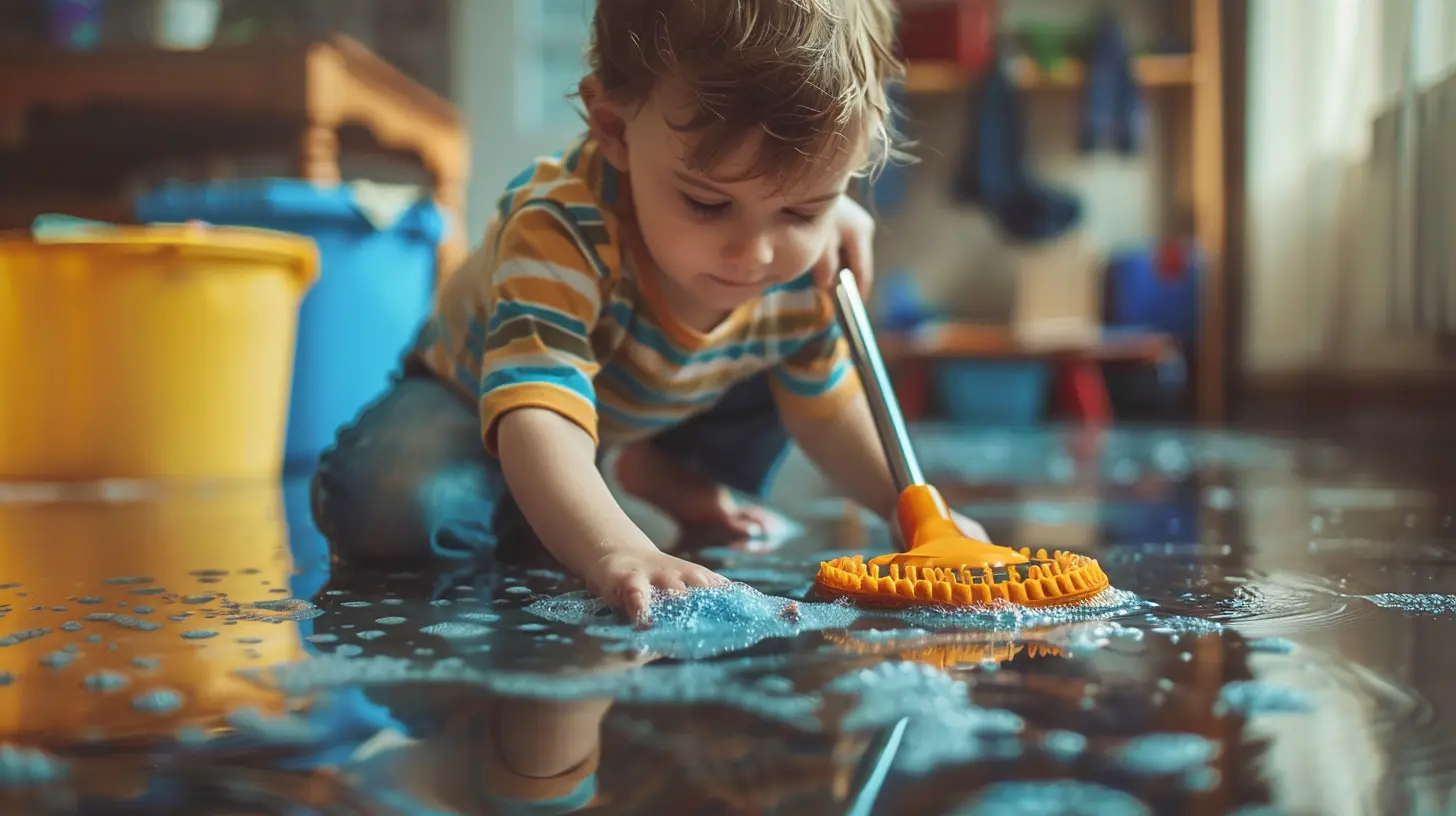
Why Is Teaching Responsibility Important?
Responsibility isn’t just about completing chores or turning in homework on time. It’s about shaping character, building confidence, and preparing kids for real-world success. When children learn to take ownership of their responsibilities, they develop:- Self-discipline – They understand the importance of completing tasks without constant reminders.
- Accountability – They recognize that their actions have consequences.
- Problem-solving skills – They learn to handle situations rather than relying on others to fix things for them.
- A sense of accomplishment – Taking responsibility leads to pride in their achievements.
So, how can we nurture these qualities in our children? Let’s break it down into actionable steps.
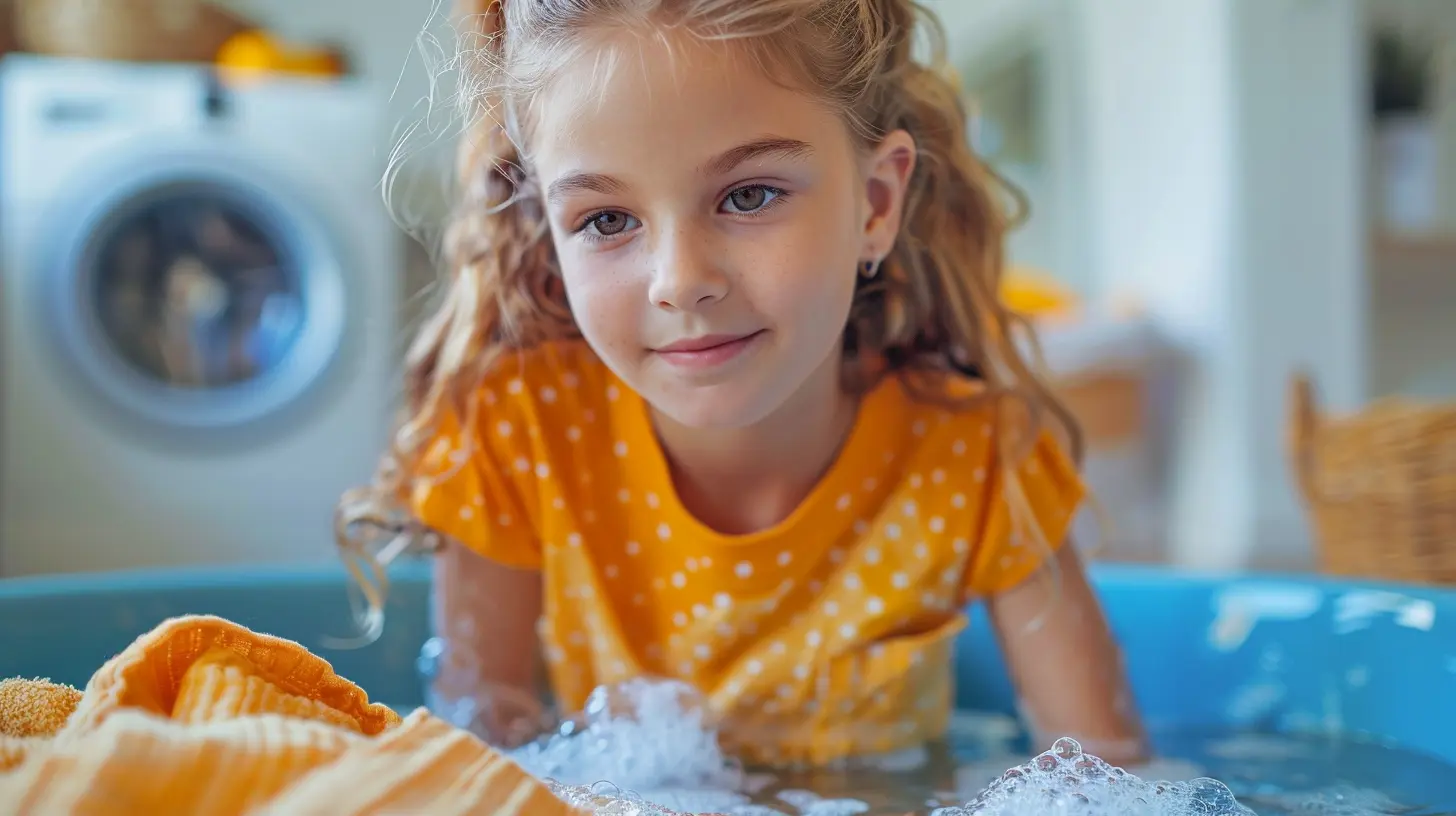
1. Set Clear Expectations
Kids thrive when they know exactly what’s expected of them. Vague instructions like “be responsible” or “help out more” won’t cut it. Be specific! Instead of saying, “Keep your room clean,” explain what that means:✅ Make your bed every morning.
✅ Put dirty clothes in the hamper.
✅ Tidy up toys and books before bedtime.
When kids know the exact tasks they’re responsible for, they’re more likely to take ownership.
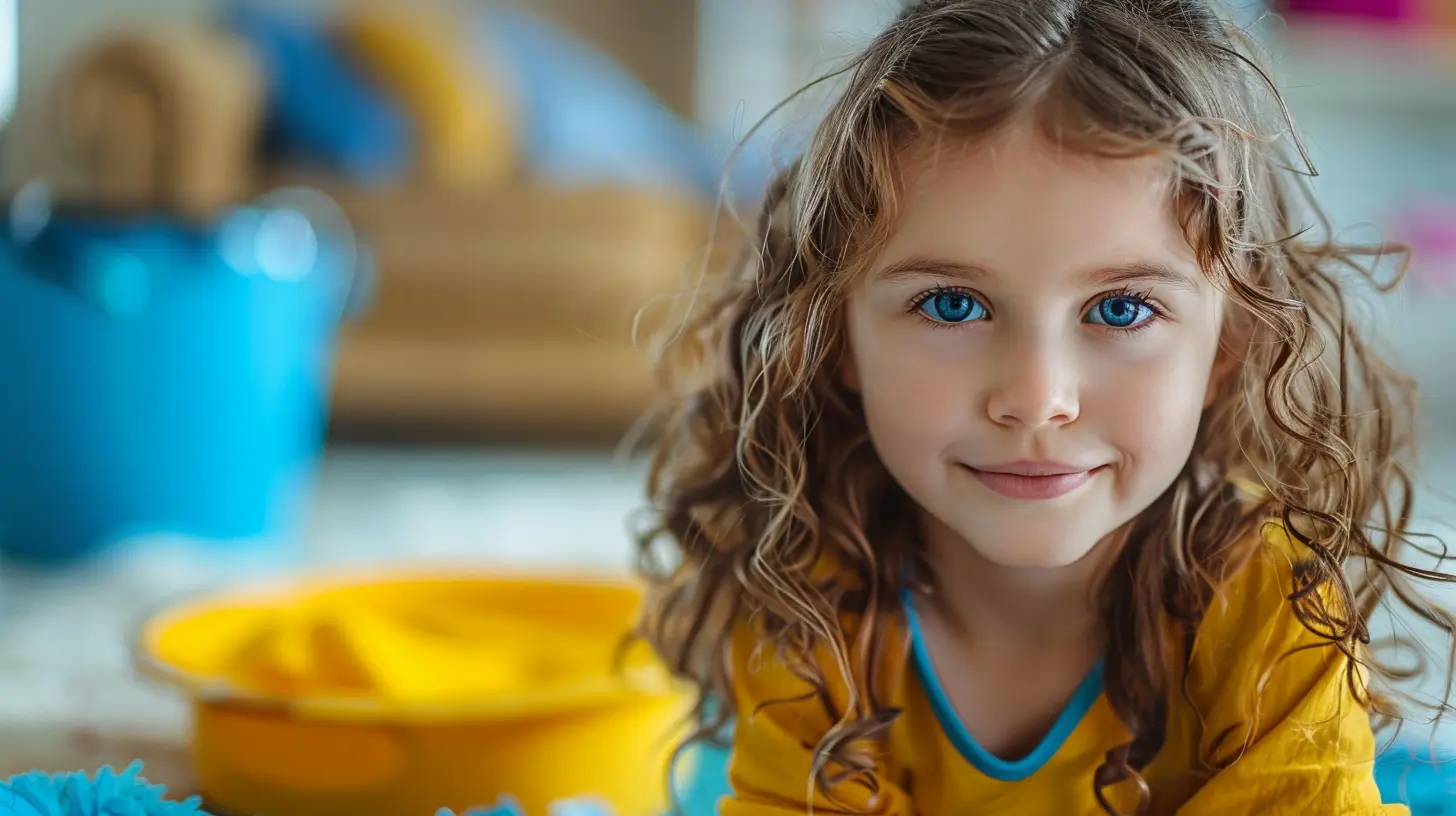
2. Give Them Age-Appropriate Responsibilities
Responsibility grows with age. A toddler can help put toys away, while an older child can set the table or fold laundry. Giving kids tasks that match their age and abilities ensures they feel capable rather than overwhelmed.Here’s a general guide to what kids can handle:
- Toddlers (2-3 years old): Put away toys, help feed pets, wipe small spills.
- Preschoolers (4-5 years old): Make their bed, set the table, water plants.
- Elementary-aged kids (6-9 years old): Take out the trash, fold laundry, pack their school bag.
- Tweens & Teens: Cook simple meals, manage homework, mow the lawn, budget their allowance.
By gradually increasing responsibilities as they grow, kids naturally develop a sense of ownership.
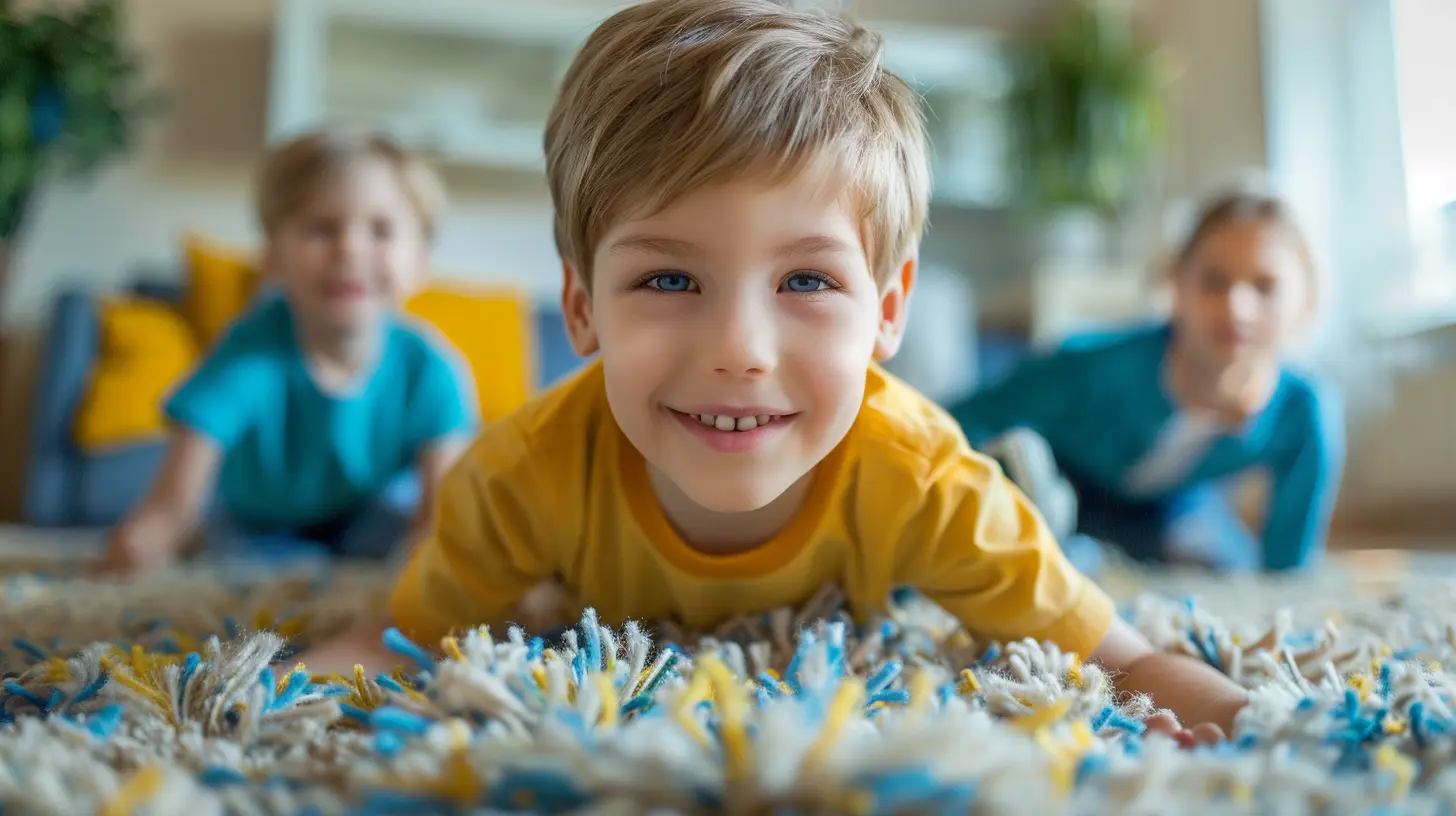
3. Let Them Make Decisions
Giving kids the power to make choices helps them feel more in control and responsible. Instead of dictating every move, provide options:👕 “Would you like to pick out your outfit for school or do you want me to help?”
🍎 “Do you want an apple or a banana for your snack?”
📚 “Would you rather do your homework before or after dinner?”
When kids make decisions, they learn to own the outcomes—good or bad. They also feel respected, which makes them more willing to take responsibility.
4. Stop Rescuing Them from Consequences
It’s tough to watch your child struggle, but constantly bailing them out won’t teach responsibility. If they forget their homework, resist the urge to rush it to school. If they leave their bike outside in the rain, let them deal with a rusty chain.Natural consequences teach valuable lessons. If a child experiences the results of their actions, they’ll be more likely to take responsibility next time.
5. Use Positive Reinforcement
Kids respond well to encouragement. Instead of focusing on what they didn’t do, highlight what they did right.Instead of saying, “Why didn’t you take out the trash?” try, “I noticed you put away your toys without being asked. That was really responsible of you!”
Celebrating small wins makes kids feel proud of their efforts and motivates them to continue being responsible.
6. Make Responsibilities Fun
Let’s face it—chores can be boring. But who says they have to be? Turn responsibilities into a game or challenge to make them more engaging.🎶 Play music – Have a 5-minute dance break after tidying up.
⏳ Beat the clock – Set a timer and see if they can finish tasks before it runs out.
🏆 Create a reward system – Stickers, points, or extra privileges can make responsibilities more exciting.
When responsibilities feel less like a burden and more like a fun part of the day, kids are more likely to take ownership.
7. Be a Role Model
Kids learn more from what we do than what we say. If they see you managing your responsibilities with a positive attitude, they’ll be more inclined to follow suit.🔹 Keep your own commitments.
🔹 Show gratitude for responsibilities instead of complaining.
🔹 Admit mistakes and take responsibility when you mess up.
Leading by example teaches kids that responsibility isn’t just a set of rules—it’s a way of life.
8. Allow Room for Mistakes
No one gets it right 100% of the time—especially kids. They’re still learning! Instead of punishing every mistake, use them as teaching moments.If they forget to feed the dog, don’t lecture them. Instead, ask, “What can you do to make sure this doesn’t happen again?” Helping them come up with solutions fosters accountability without shame.
9. Encourage Independence
Give kids enough space to take ownership of their responsibilities without micromanaging. If you’re constantly hovering, they may rely on you instead of developing their own skills.- Let them pack their own school bag (even if they forget something).
- Allow them to make their own lunch.
- Give them control over their schedule and time management.
A little independence goes a long way in building responsible habits.
10. Stay Patient and Consistent
Responsibility isn’t learned overnight. Kids will resist. They’ll forget. They’ll push back. And that’s okay! What matters most is staying patient and consistent.Keep reinforcing expectations, providing guidance, and celebrating progress. Over time, your child will develop the habits and mindset needed to take ownership of their responsibilities.
Final Thoughts
Encouraging kids to take responsibility isn’t about forcing them into adulthood too soon—it’s about giving them the tools and confidence to navigate life effectively. By setting clear expectations, allowing them to make decisions, and leading by example, we create an environment where they naturally develop accountability.Will there be bumps along the way? Absolutely. But with patience, consistency, and a little creativity, we can guide our kids toward becoming responsible, capable, and independent individuals.
all images in this post were generated using AI tools
Category:
Chores For KidsAuthor:

Austin Wilcox
Discussion
rate this article
2 comments
Lorelei Lawrence
This article beautifully highlights the importance of fostering responsibility in children. By guiding them gently and allowing for mistakes, we empower them to take ownership and grow. Thank you for sharing such valuable insights for nurturing independence!
June 23, 2025 at 3:37 AM

Austin Wilcox
Thank you for your thoughtful comment! I'm glad you found the insights valuable for fostering independence in children.
Selene Vasquez
Empowering kids to take ownership fosters independence and confidence! Celebrate their efforts, offer guidance, and watch them thrive as they embrace responsibility with pride! Keep inspiring!
June 22, 2025 at 4:56 AM

Austin Wilcox
Thank you for your insightful comment! Encouraging kids to embrace responsibility truly cultivates their independence and confidence. Let's keep inspiring them together!

